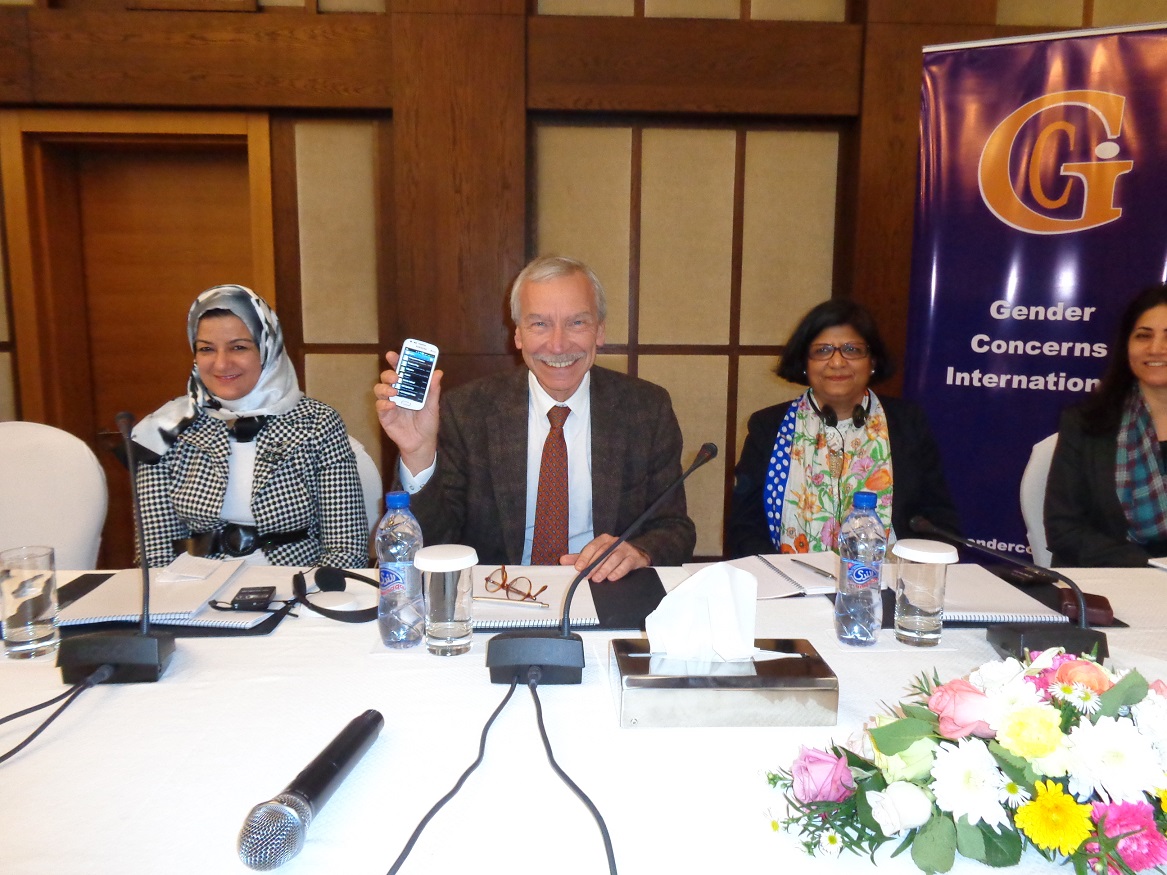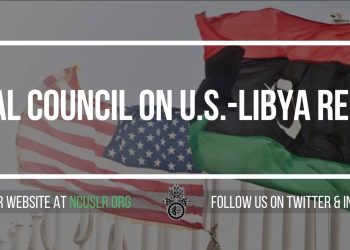By Jamal Adel.
17 February 2014:
A Tebu boycott of Thurday’s elections for the 60-member Constitutional Committee has been declared by . . .[restrict]the National Tebu Assembly (NTA).
“The Tebu community won’t be involved in any constitution that don’t recognise and include Tebus rights,” Adem Rami Karki, the NTA chairman told the Libya Herald today. “We are boycotting the election until the consensus principal is recognised”, he declared.
The boycott will be lifted, he said, only if the General National Congress amends the 2011 Constitutional Declaration by Thursday to include a commitment to Tebu rights and those of Libya’s other ethnic minorities.
“The new free Libya we’re looking to reconstruct today cannot be done without the collaboration of all national efforts – Arab, Tebu, Amazigh and Tuareg.
“It is the matter of recognising those who are not the majority as indispensible partners in land. Once the majority excludes anyone else, there will be neither justice nor freedom. Therefore there will be no free new Libya. We will be back point zero.”
It is not clear if the 14 Tebu candidates, standing in two separate ethnic candidate lists in Obari and the south of Ajdabiya constituencies (the latter covers Kufra) will now withdraw, although at this late point, with ballot papers already printed, that is probably unrealistic. However, according to Karki, the announcement has the support of all the 14 Tebu candidates following meetings in Kufra and Murzuk between them and the NTA.
It is thought likely that Tebu voters will accept the announcement and shun the poll. The NTA is highly regarded in the Tebu community. However, that does not mean that two candidates will not be announced as winners, even if they then refuse to accept election. Anyone voter in the Obari constituency and in the southern Ajdabiya sub-constituencies will can vote for a Tebu candidate, regardless of his or her own ethnic background.
The Higher National Elections Commission had already suggested that, because of security consideration, it might be difficult organising the elections in Kufra.
The Amazigh community are already boycotting the elections and there are no candidates for the two Amazigh seats, in Zuwara and the Jebel Nafusa. Today’s boycott suggests that the Constitutional Committee will have 56, not 60, members.
The Libya’s other ethnic minority, the Tuaregs, appear to be split on the issue.
“We are going to claim our rights in the 60 [member] Committee,” the head of Supreme Council of Libya’s Tuaregs, Molay Gidedy, told this paper today.
“Given the sensitivity of the transitional period, we decided to go for the elections, despite the government ignoring minority causes in the country,” he stated. The decision had followed meetings with the Tuareg community across the country, including the Supreme Council, the Tuareg Shura Council and the Assembly of Tuareg Tribes, he added.
However, other Tuareg groups have told this paper they do not recognise Gidedy’s authority and intend to also boycott the elections.
The only reference to minority rights in the 2011 Constitutional Declaration is in Article 1 where, after it states that Arabic is the official language, it says that “the state shall guarantee the cultural rights for all components of the Libyan society and their languages shall be deemed national ones”. [/restrict]








